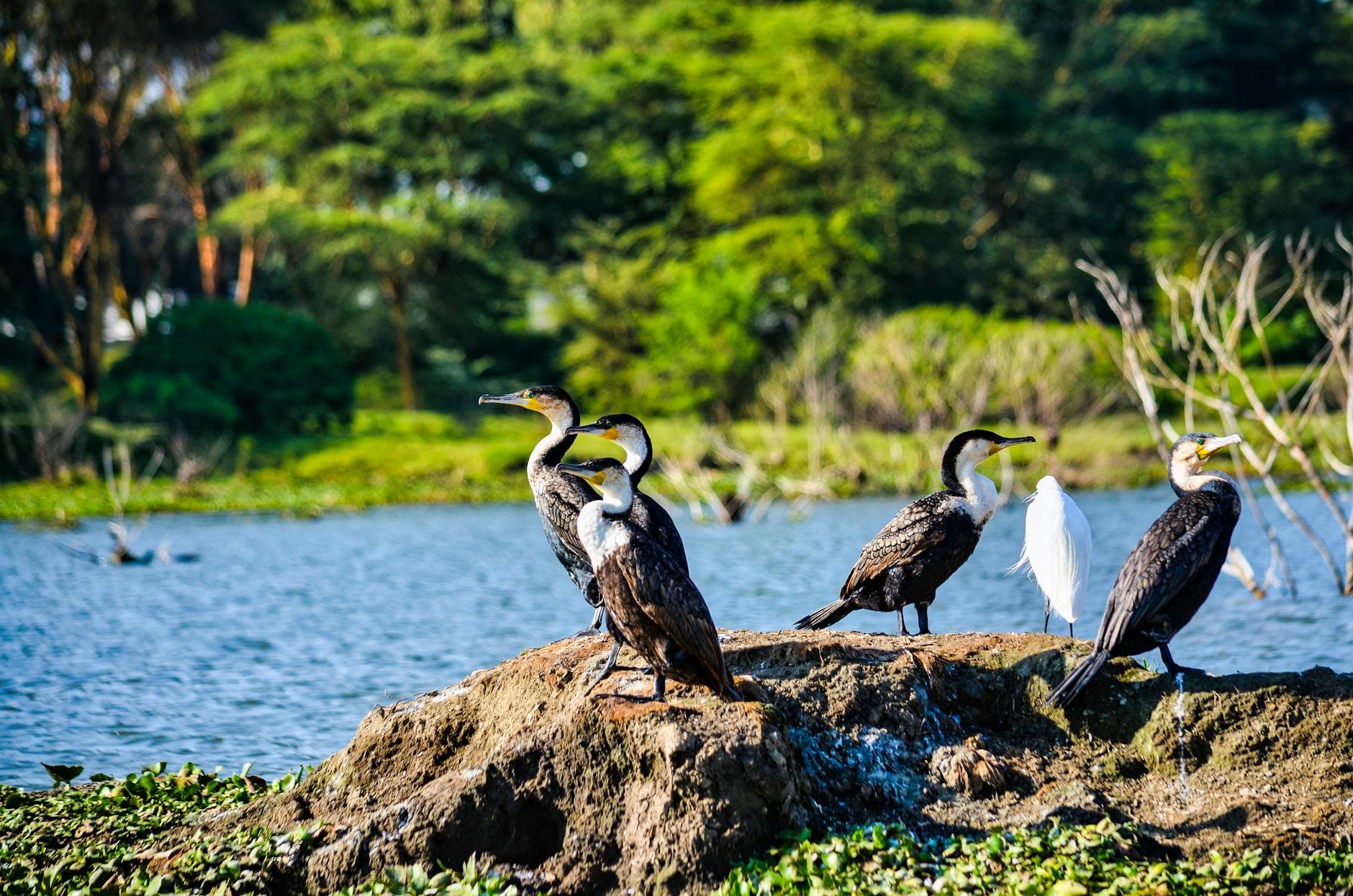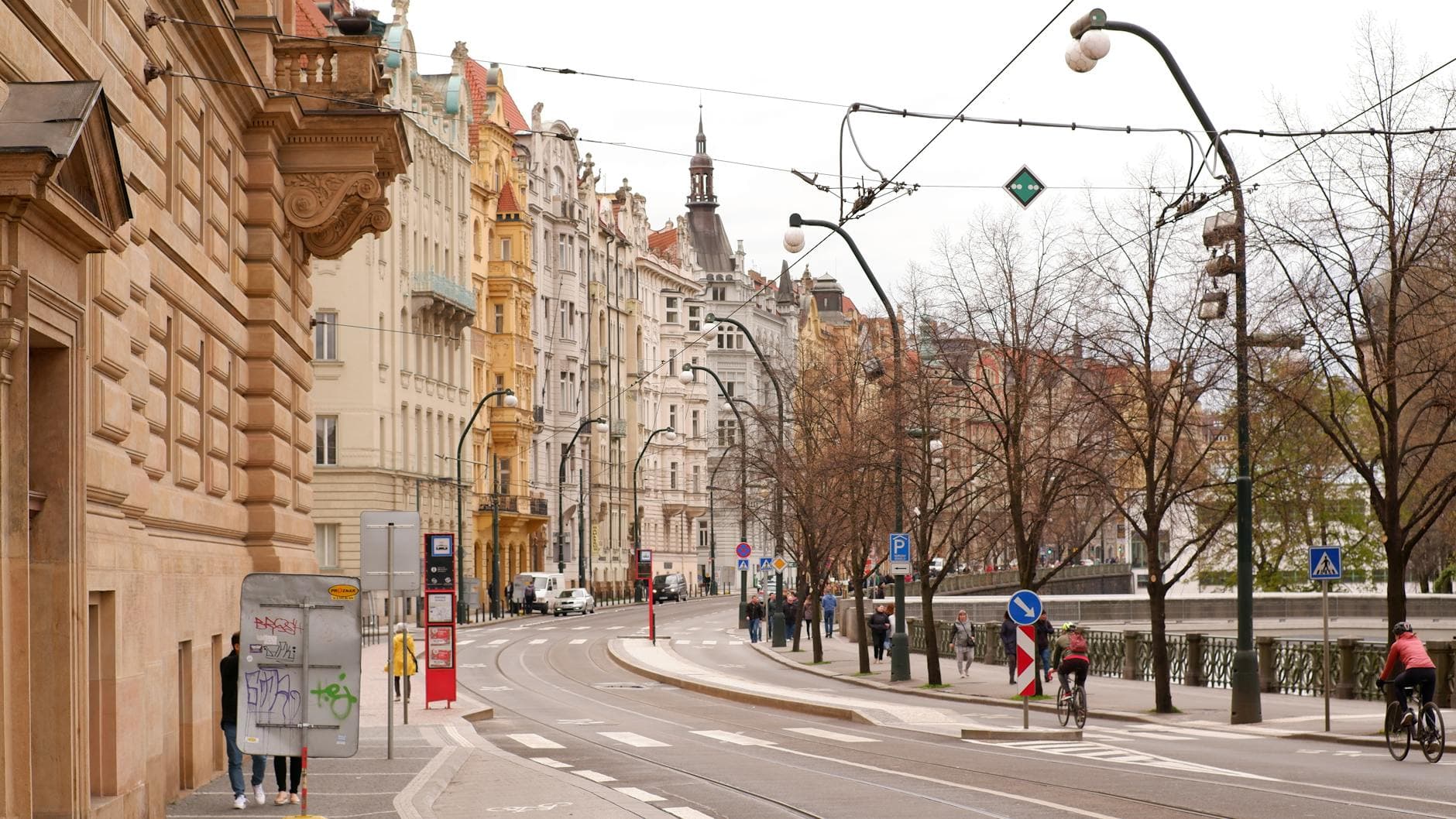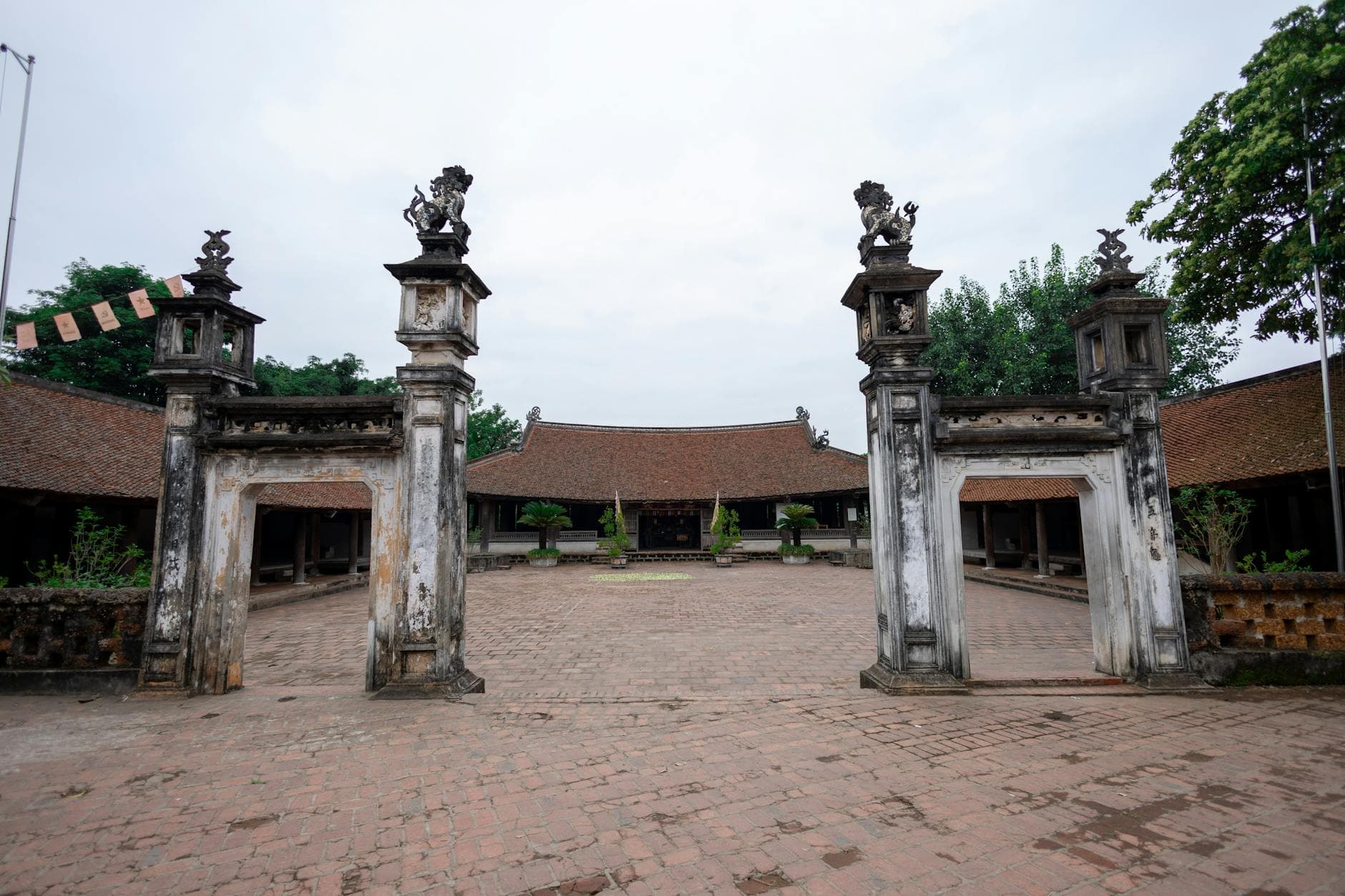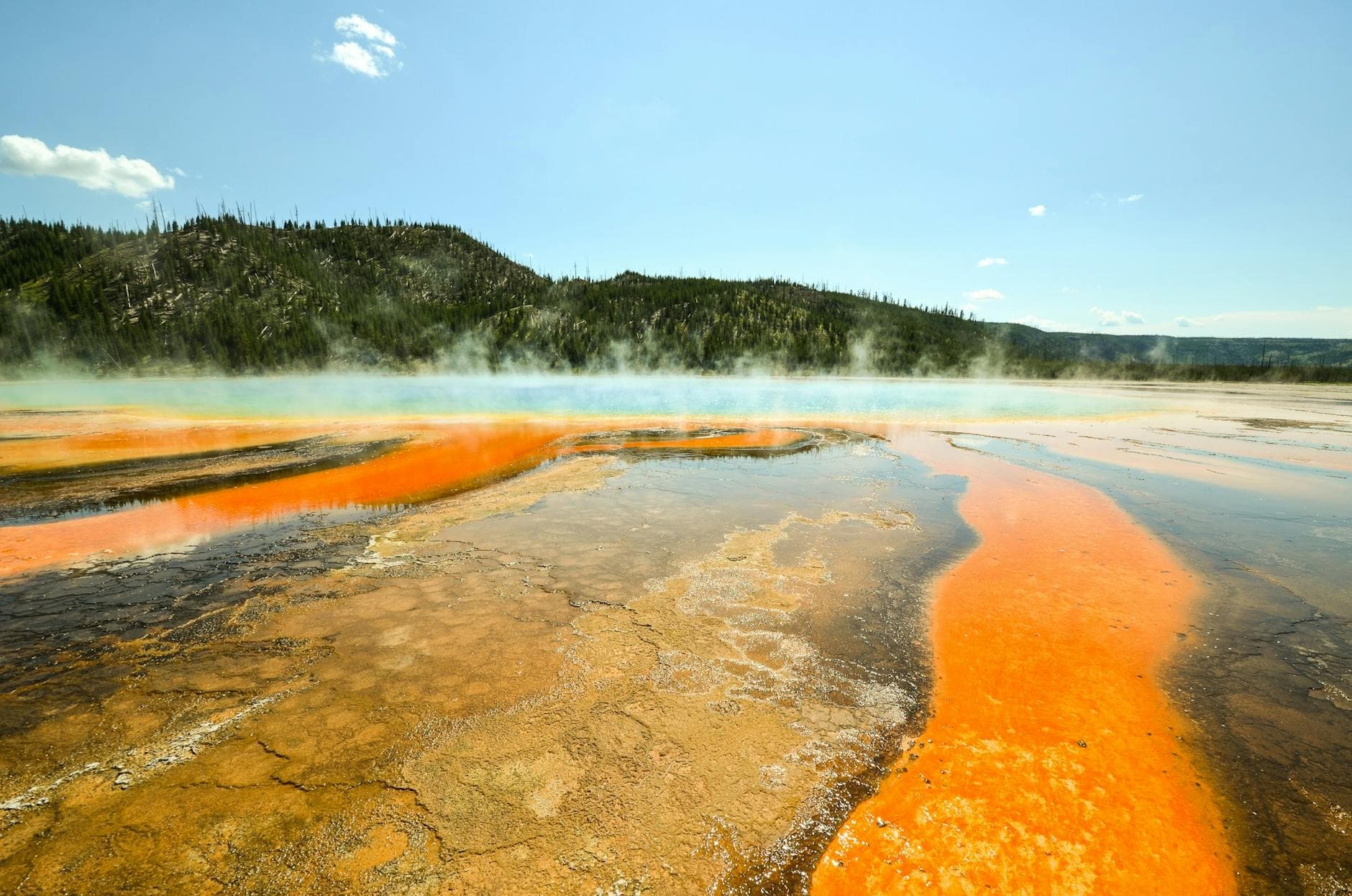
The Safari That Went Wrong (And the Night It Went Right)
How a broken-down jeep in the Masai Mara led to the best night of our trip
My grandmother always wanted to go on safari. It was on her bucket list for as long as I can remember. So when she turned 75, my parents, my sister, and I decided to make it happen. Three generations, two weeks in Kenya, and one very optimistic itinerary.
The first few days were perfect. We saw elephants, giraffes, lions—all the animals you're supposed to see. My grandmother was taking photos like she was a National Geographic photographer, my sister was keeping a detailed journal, and my parents were just happy to see everyone happy.
Then, on day five, our jeep broke down. Not a little breakdown, like a flat tire. A full-on, engine-won't-start, we're-in-the-middle-of-nowhere breakdown. We were in the Masai Mara, miles from anything, and our guide was on the radio trying to get help.
While we waited, a group of Masai warriors appeared. I know how that sounds—like something from a movie. But there they were, in their red shukas, carrying spears, walking toward our broken jeep. My grandmother, being my grandmother, got out of the jeep and started talking to them.
Turns out, they were from a nearby village, and they'd seen our jeep stopped. They invited us to their village while we waited for help. So there we were, three generations of Americans, walking through the African savanna with Masai warriors, heading to a village we'd never heard of.
The village was incredible. Mud huts, children playing, women cooking over fires. The chief—a man named Ole—invited us into his home, and we sat in a circle, drinking chai and trying to communicate through gestures and broken English. My grandmother, who doesn't speak a word of Swahili, somehow managed to have a full conversation with Ole's wife about grandchildren.
As the sun set, the village started to come alive. Someone started playing a drum, and then there was singing, and then dancing. Before we knew it, we were all dancing—my 75-year-old grandmother, my parents, my sister, and me—in a circle with the Masai, under the African stars.
My grandmother, who has two left feet and has never danced in her life, was in the middle of the circle, doing her best to keep up with the rhythm. She was laughing, the Masai were laughing, and I was standing there thinking: this is the best moment of my life.
The jeep got fixed eventually—it took until the next morning. But by then, we didn't care. We'd spent the night in the village, sleeping in a guest hut, and waking up to the sound of roosters and children playing. We'd had breakfast with Ole's family, and my grandmother had learned how to make ugali (a Kenyan cornmeal dish).
When we finally left, we weren't just leaving a village—we were leaving friends. Ole gave my grandmother a beaded bracelet, and she gave him a photo of our family. We still talk to them, send letters, and my grandmother sends care packages every few months.
The rest of the safari was great. We saw more animals, took more photos, had more adventures. But that night in the village? That's what we talk about. That's what changed us. Not the lions or the elephants—the people. The connection. The moment when three generations of my family danced under the stars in Africa, and everything felt right.
My grandmother says it was the best night of her life. I think it might have been mine too.
More Stories

How I Fell in Love in Prague (And Lost My Passport in Florence)
A backpacking story about trains, hostels, and the girl who changed everything

The Night Train to Hanoi and the Scooter Chase That Almost Killed Us
Street food, near-death experiences, and the friend who saved my life

Route 66 and the Girl I Almost Didn't Meet
A cross-country road trip that started with a breakup and ended with everything